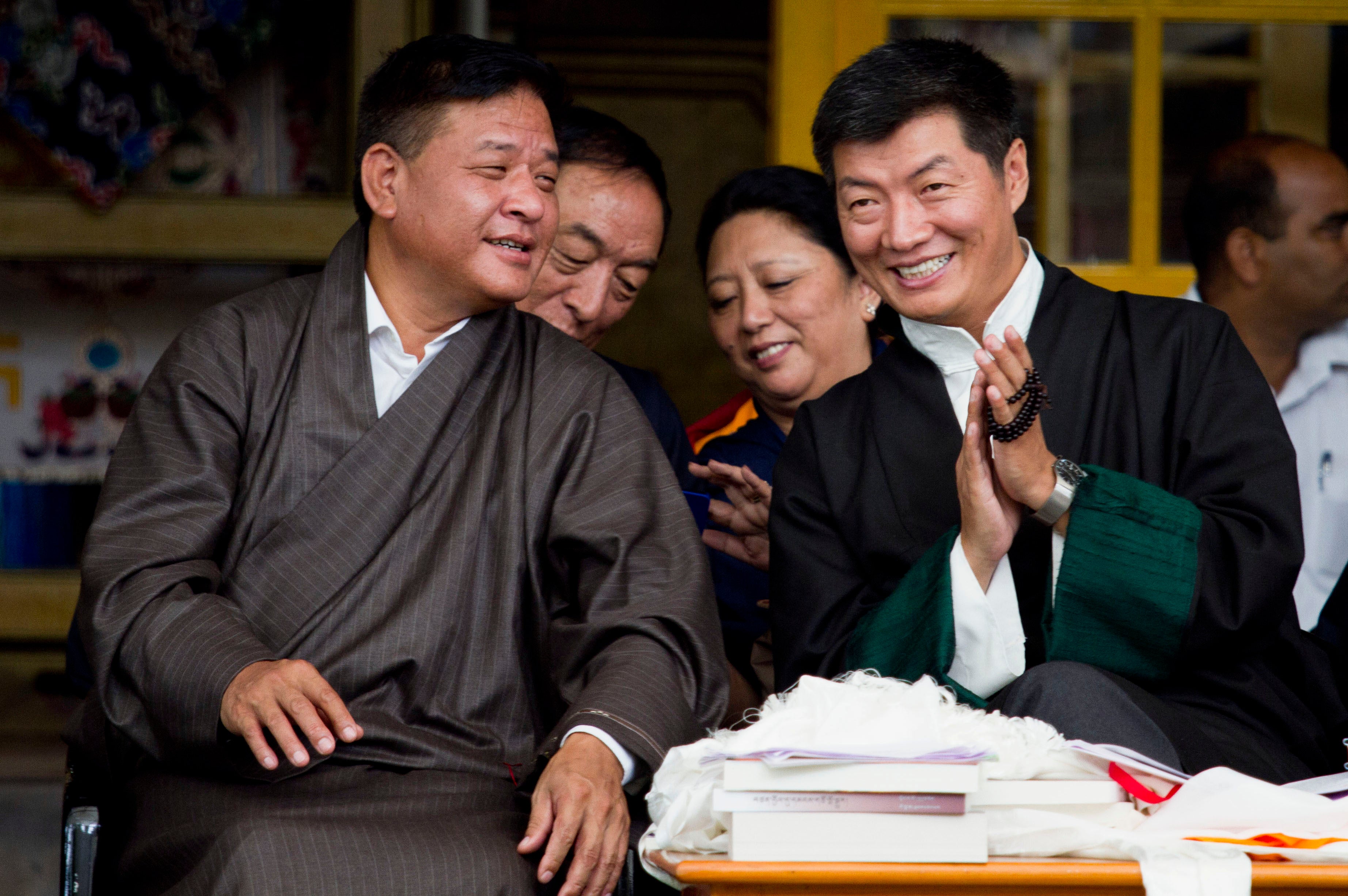Penpa Tsering elected president of Tibetan exile government
The former speaker of Tibet’s parliament-in-exile, Penpa Tsering, has been elected the new president of the exile government

Penpa Tsering, the former speaker of Tibet s parliament-in-exile, has been elected the new president of the exile government, the election commissioner announced Friday.
He will succeed Lobsang Sangay, who completes his second five-year term at the end of May, Election Commissioner Wangdu Tsering said in Dharmsala, a northern Indian town where spiritual leader the Dalai Lama has been living since he fled Tibet after a failed uprising against Chinese rule in 1959.
Nearly 64,000 Tibetans living in exile in India, Nepal, North America, Europe, Australia and elsewhere voted in the election, which was held in two rounds in January and April.
It was the third direct election of the Tibetan exile leadership since the Dalai Lama withdrew from any political role in the running of the exile government in 2011.
Penpa Tsering, 53, was elected to its parliament in 1996 and became its speaker in 2008.
The 45 people elected to the exile parliament include 10 each from the three traditional provinces of Tibet, two each from the five religious constituencies, two each from Tibetan communities in North America and Europe, and one from the Tibetan community in Australasia.
Formed in 1959, Tibet’s government-in-exile — now called the Central Tibetan Administration — has executive, judicial and legislative branches.
China says Tibet has been part of its territory since the mid-13th century, and its Communist Party has governed the Himalayan region since 1951. But many Tibetans say they were effectively independent for most of their history, and that the Chinese government wants to exploit the resource-rich region while crushing its cultural identity.
China doesn’t recognize the Tibetan government-in-exile and hasn’t held any dialogue with representatives of the Dalai Lama since 2010. India considers Tibet as part of China, though it hosts the Tibetan exiles.
Some Tibetan groups advocate independence for Tibet, since little progress has been made in talks with China.
Beijing accuses the Dalai Lama of seeking to separate Tibet from China, which he denies. Penpa Tsering supports the Dalai Lama's position.
Bookmark popover
Removed from bookmarks